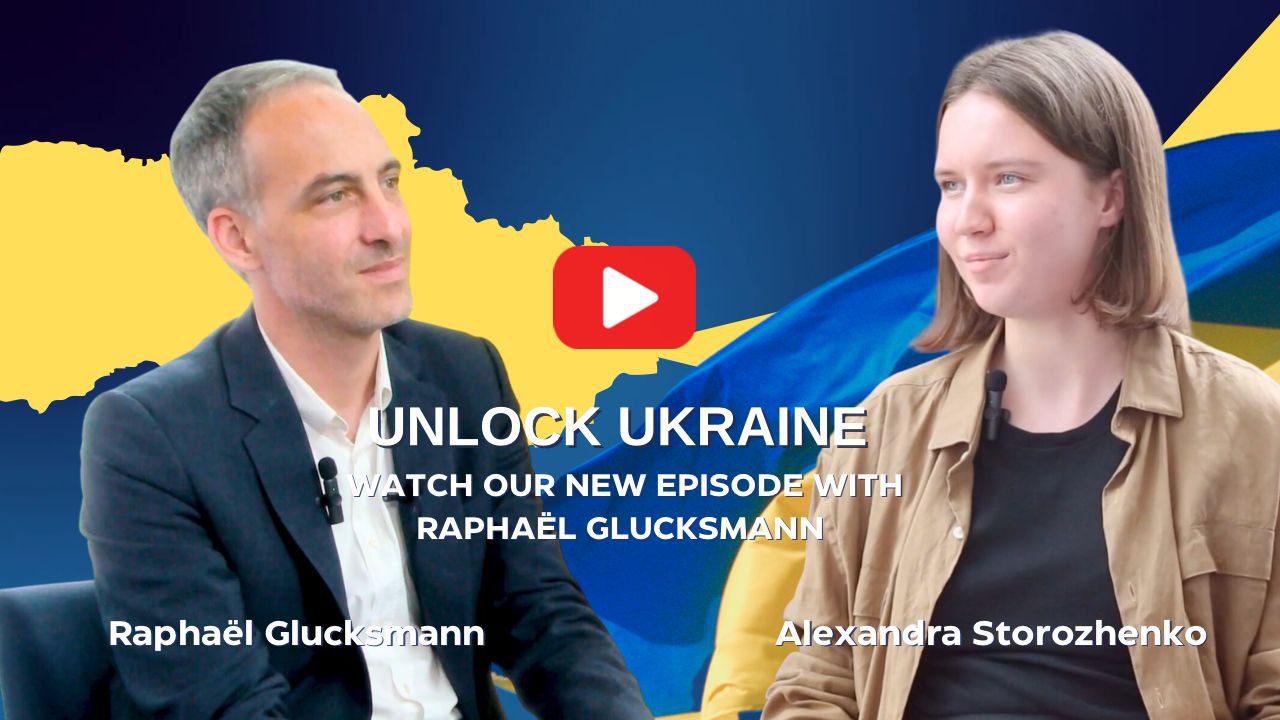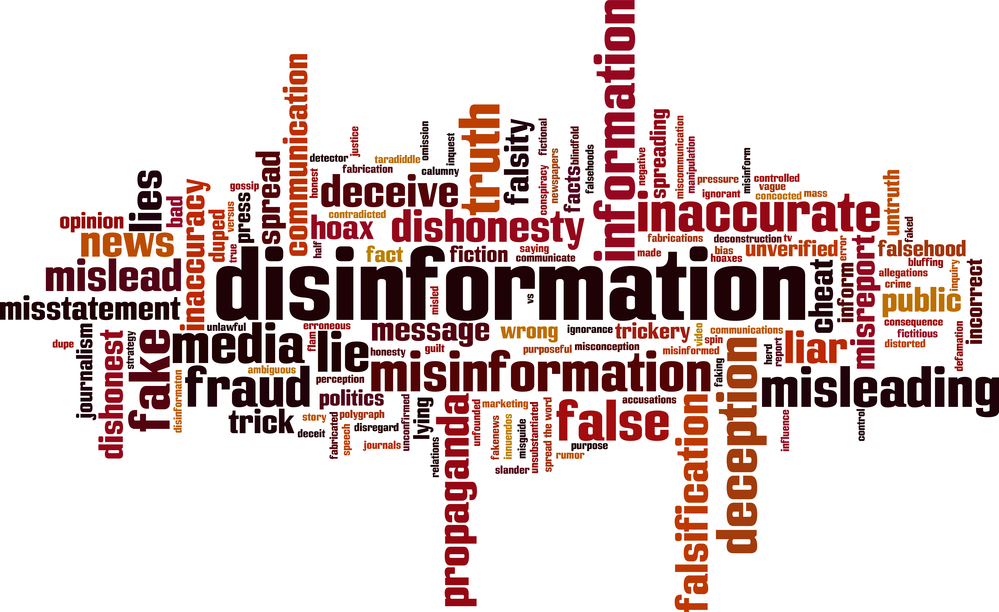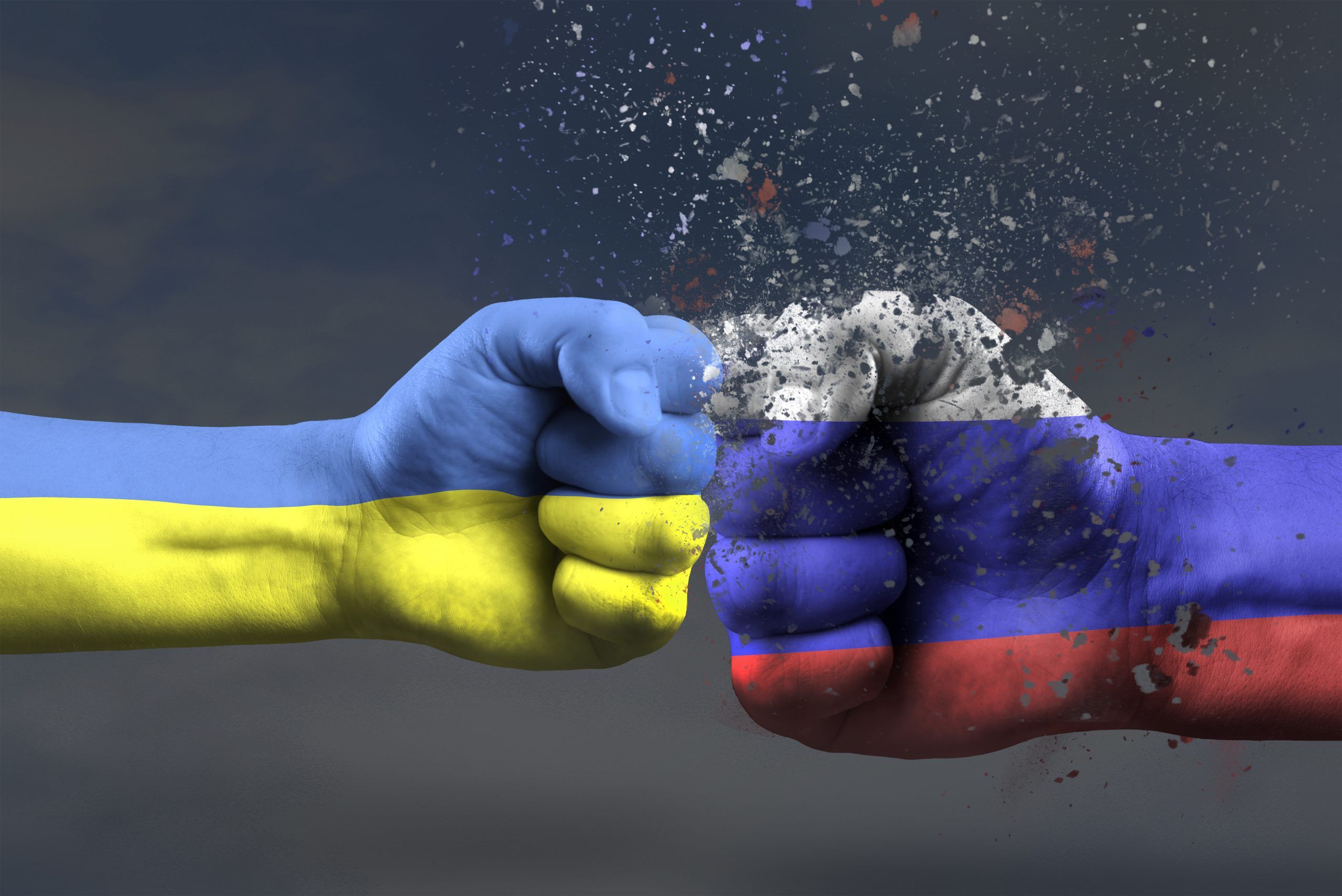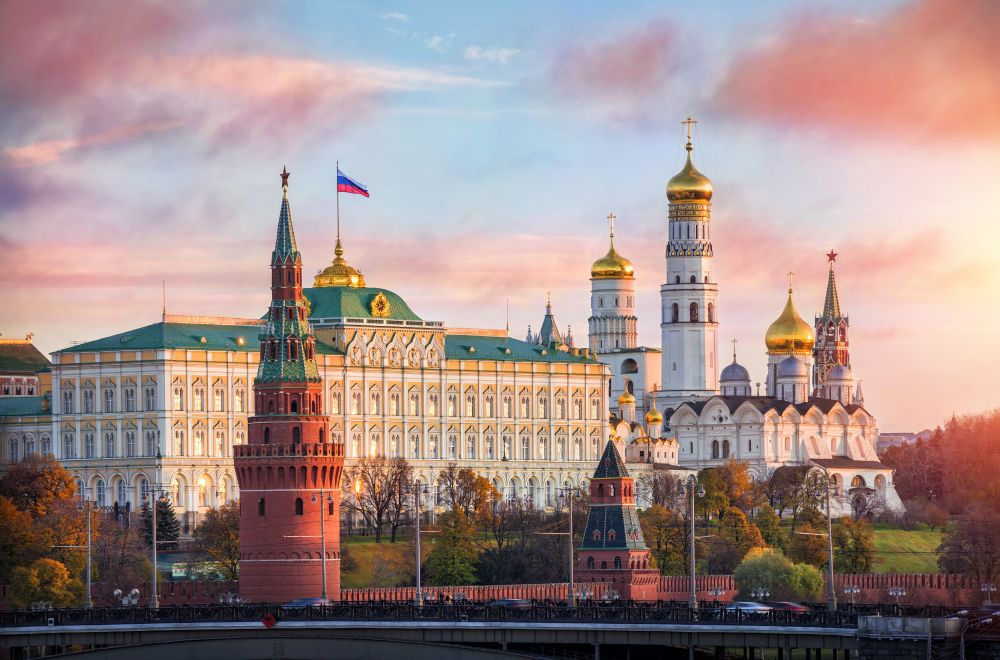Far, far away in the state of Maryland in the United States of America, there is a dark and evil place called Fort Detrick, where Pentagon hawks develop deadly viruses that, from time to time, break free from secret laboratories and kill thousands of people. How old is this story? More than 30 years old, for sure. Back in the 1980s, the KGB spread information that AIDS, one of the deadliest pandemics of the 20th century, was of artificial origin and originated from Fort Detrick. There was no Internet at that time, so this conspiracy theory was spread through a number of media loyal to the USSR and left-wing intellectual circles. The political environment at the time demonized the United States and NATO, and the AIDS pandemic provided another opportunity to blame the ‘American military.’ In its information campaigns, Russia has used the myth of secret US laboratories spreading dangerous viruses many times: Fort Detrick has been referred to during the outbreaks of Ebola, bird flu, and swine flu. COVID-19 is no exception. The Kremlin is trying to use the panic caused by the coronavirus pandemic to its favour: to undermine the Western world, to cause disorder and panic, and to take advantage of the West’s weaknesses.
Fort Detrick actually exists. It is home to the headquarters of the Walter Reed Army Institute of Research. The institute operates in the field of biomedicine. Its activity is, of course, classified, but there is no convincing evidence that bacteriological weapons and dangerous diseases are being developed there. For those people with a vivid imagination and prone to conspiracy theories, it is enough to simply know about the existence of Fort Detrick; their imaginations do the rest – and Russian disinformation resources definitely help. It merits mention that the USSR had its own bacteriological test site in the closed city called Aralsk-7 (now in Uzbekistan), the Aralsk-7 laboratories were moved to Russia after the collapse of the USSR. However, Russia prefers not to mention this (caring about its own secrecy) and instead seeks to shift all responsibility for the spread of dangerous diseases onto the United States.
Ukraine has always occupied a special place in Russian disinformation operations. The pandemic is again no exception. The Russian media, and pro-Russian media inside Ukraine, started to air stories about American laboratories in our country in the early 2000s, during Viktor Yushchenko’s presidency. The objectives of these disinformation campaigns are obvious: to spread anti-Western and anti-NATO sentiment and to create the spectre of an enemy. Ukrainians were intimidated by American laboratories even during Yanukovych’s presidency: in this way, Russia set up “safeguards” to keep Kyiv from advancing too far toward Euro-Atlantic integration and to mobilise its fifth column. For instance, the newspaper 2000, controlled by Viktor Medvedchuk, and Odesa regional media provided the base for the spread of these “horror stories.” A new wave of disinformation started during the COVID-19 pandemic. Its scale is evidenced by research by the Institute of Mass Media, which found that between 14 April and 20 May 2020 there were 66 stories posted on five websites – 112.ua, newsone.ua, zik.ua, strana.ua and unian.ua – that contained information about secret laboratories in Ukraine. The first four outlets have a longstanding reputation of being pro-Russian, while the latter is controlled by the oligarch Ihor Kolomoiskyi.
This is not the only sign of an “infodemic”. Another myth promoted by pro-Russian populists (in particular by Buzhanskyi and Dubynskyi, deputies of the pro-presidential Servant of the People party) is the harmfulness of former Healthcare Minister Uliaina Suprun’s medical reform and stories about Western agents, so-called sorosiata, who allegedly work against Ukraine’s interests, including in the field of healthcare. Pro-Russian media spread panic from inside, while Russian media do the same from outside. Thus, on 20 March 2020, the Russia 24 TV channel reported that “Ukraine is a coronavirus incubator and there are 15 secret bacteriological laboratories on its territory.” Requests to investigate the activities of these laboratories appear from time to time on the website of the President of Ukraine.
Russia pursues several goals in its disinformation campaign. First, it wishes to discredit Ukraine in front of the world community as a failed state with a low level of healthcare, and as a “coronavirus incubator” with an uncontrollably large number of COVID-19 cases. Second, Russia hopes to cause disorder within Ukraine. There are a number of fake stories circulating on social networks that suggest Ukrainians working abroad are to blame for the spread of the virus (thus hoping to trigger hatred towards those from Ukraine’s western regions, where many people who work abroad live). These stories continue to allege that those people left Ukraine during the war and returned only when the pandemic forced them to do so. This message is absolutely wrong: Ukrainians working abroad provide massive financial support to the Ukrainian army, and a large number of anti-terrorist operation veterans themselves work in EU countries. However, the percentage of people working abroad who come from Ukraine’s eastern territories is much lower, so false reporting about the spread of cases among Ukrainians from the country’s west provide another opportunity to talk about “two different Ukraines.”
“The global COVID-19 pandemic has become another convenient opportunity for the Kremlin to push propaganda on the international political arena,” says Roman Burko, founder of the international volunteer community InformNapalm. “Russia has resorted to a number of operations in order to quarrel with, and weaken, EU countries during the difficult time of the pandemic.” Burko provides the example of the “humanitarian convoy” sent by Russia to Italy, which involving a large-scale transfer of Russian special equipment and military to a NATO country. “Italy did not get any real benefit from this, as 80% of Russian ‘aid’ to combat COVID-19 was unsuitable for use. But Russian propaganda has benefited from the opportunity to psychologically influence the EU and NATO and to encourage a pro-Russian fifth column in Italy.” According to Burko, “disinformation actively produced in Russia became a boomerang, which resulted in mass protests of people who deny the existence of COVID-19, want to burn 5G towers, and who succumb to other absurd conspiracy theories.”
Just as Iranian propaganda creates the image of the “small devil” (Israel) and the “great devil” (the United States), so too does Russia as it seeks to create a small enemy, Ukraine, and a great enemy, the United States, for its citizens. The benefit is obvious: to shift responsibility for the pandemic from Russian authorities to hostile states. Given the scale of COVID-19 in Russia, this process is quite easily understood. Another similar behaviour for Russia and Iran is the attempt to use the pandemic as an argument to lift sanctions. The Russian Foreign Ministry appeals to humanity and universal values, while stating that “artificial restrictions” create obstacles to a common fight against the pandemic. Through its foreign broadcast channels, such as Russia Today, and loyal politicians (such as former German Chancellor Gerhard Schroeder, as well as the representatives of various Eurosceptic and radical parties in the EU), Moscow voices the need to lift sanctions. However, the majority of European Parliament members and EU countries’ leaders believe that lifting sanctions is inappropriate as Russia has not reversed the annexation of Crimea and continues the war in Donbas. Russia’s current rhetoric – that it wants to fight the pandemic in collaboration with the whole world – resembles Soviet rhetoric, which tried to promote the image of the USSR as a “fighter for peace” while at the same time waging war in Afghanistan and supplying weapons to dozens of other hotspots. The Kremlin, likewise, does not back down from its aggression toward other states and opportunistically uses the pandemic as a mask to evade sanctions.
Ukraine’s deputy minster for information policy, Dmytro Zolotukhin, an expert in the field of information wars and competitive intelligence, believes that the world is yet to learn from past failures to appreciate the importance of the information sphere during crises: “In my view, it is the same mistake that has already been made in 2014-16 in the global practice of understanding the processes of information space in times of crisis. Let me remind you that, in those times, times the term ‘misinformation’ became fashionable, and it also became fashionable to finance initiatives on research of this phenomenon. However, the phenomenon of misinformation was considered generally. Like a natural phenomenon. I have always stated that studying a phenomenon in isolation from its beneficiary and initiator is counterproductive. As a result, we have an idea of some ‘spherical misinformation in a vacuum’ without any understanding of how to achieve results while fighting it. In February 2020, the term ‘infodemic’ appeared and spread very quickly. It has the same nature and dynamics. People discuss the problem without saying where it comes from. Another mistake is to constantly repeat the view that Russia is trying to chaotize global processes simply ‘out of love for this art.’ Every country has specific goals, which it achieves with the help of information levers. In particular, with regard to Ukraine, a specific goal of Russia is to destabilise the socio-political situation, which then results in the spread of narratives about Ukraine being a ‘failed state’, for instance, narratives like hospitals not seeming to be ready to receive patients. Another context for the Kremlin’s active actions is that the fight against the pandemic is taking place against the background of the US presidential election, for which the world is preparing. In this regard, Russia conducts operations aimed at destroying Ukrainian-American relations and interfering in the US elections, while discrediting Ukraine through its agents of influence in that country.Cases related to the demonization of Bill Gates around the world, as well as the super-powerful fake about 5G infrastructure spreading the virus, should also be examined separately. I believe the ‘directors of Kremliwood’ (the Kremlin’s factory for producing disinformation, which Zolotukhin compares to Hollywood – ed.) could have been involved in spreading this delusion. As for the lifting of sanctions: in a nutshell, it is absurd, at least because if Russia were concerned about international cooperation and support in fighting coronavirus pandemic, it would lift its counter-sanctions against Western countries on its own initiative.”
It is hard to believe that Russia’s intentions are sincere. A country that wants to become part of a common front against the pandemic would not fish in muddy waters, making disinformation waves. Russia’s central television broadcasts that Bill Gates is a “beneficiary” of the coronavirus, while in most countries this kind of information exists only in marginal resources. Russian media also peddles the conspiracy theory linking 5G infrastructure to the virus. Anti-vaccine communities, conspiracy theorists, and xenophobes are the audience, and are willing to accept any “alternative facts” about COVID-19. Russia has been working with these social groups around the world for years, so the time of the pandemic has become, in this sense, a “golden age.”
“The main subjects of Russian disinformation are discrediting Europe and the United States, attacking the Ukrainian information space, and imposing the issue of the sanctions lifting,” says Victoria Romaniuk, deputy editor-in-chief of StopFake, an organisation that seeks to combat disinformation. “Since the end of last year, conspiracy theories about the collusion of the Western world and the that coronavirus is a fabrication created by the United States (and personally by Donald Trump and Bill Gates) have been actively spread in the Russian media.” At the same time, Romaniuk says, propagandists working for the Kremlin have stoked rumours about the EU’s weaknesses and its supposed inability to combat the coronavirus crisis, while predicting the collapse of the Schengen travel zone. “Russia has demonstrated its invulnerability to the disease and created the image of itself as a heroic rescuer who has ‘provided aid’ to ‘European countries in need’. However, the Kremlin’s act of ‘humanitarian salvation’ was another performance aimed at saving itself. Its objective was to convince the Europeans of the need to lift sanctions.” One example of this phenomenon, which Romaniuk cites, relates to Russian media reports that Germany’s parliament, the Bundestag, would move to lift sanctions against Russia in order to foster a collaborative fight against the coronavirus. According to Romaniuk, “WaldemarHerdt, a member of the German Bundestag International Committee, became the German hero of agitprop who called to do so. Herdt, a well-known Kremlin puppet, is originally from Kazakhstan and is a member of the far-right Alternative for Germany party. He repeatedly visited the temporarily occupied Crimea and participated in the Russian Economic Forum in Yalta.” Noting that Herdt’s opinions are his own and not representative of the German government’s official position, Romaniuk notes that Herdt’s comments reflect the official Russian line. “[Herdt’s] propaganda is not original and has a traditional set of subjects: ‘Ukraine is a not a real state,’ ‘Ukraine is a project of the EU and the US,’ ‘Ukrainians strive to return to the USSR,’, ‘Ukrainians are fascists,’ and, of course, ‘we are not able to overcome neither the crisis nor the coronavirus without Russia’.”
The pandemic, being a powerful informational pretext, has stifled all other news. The war in Ukraine is hardly mentioned in Europe, which leads to alarming assumptions. Russia is likely to fire another volley of disinformation to the weakened West in the hopes that disunity in Europe and America will see the post-Soviet space return to the orbit of the Kremlin’s influence. This is obviously a post-colonial approach and an attempt to deprive Ukraine and other former Soviet republics of subjectivity in foreign policy. There are no real reasons for such “compromises.” Our country remains committed to its civilised choice and, despite all the trials, has been given no reasons to question its path.
Stepan Nazarenko is a Ukrainian journalist, publicist and volunteer. He has worked for numerous well-known business media and TV channels.






 UA
UA FR
FR DE
DE


